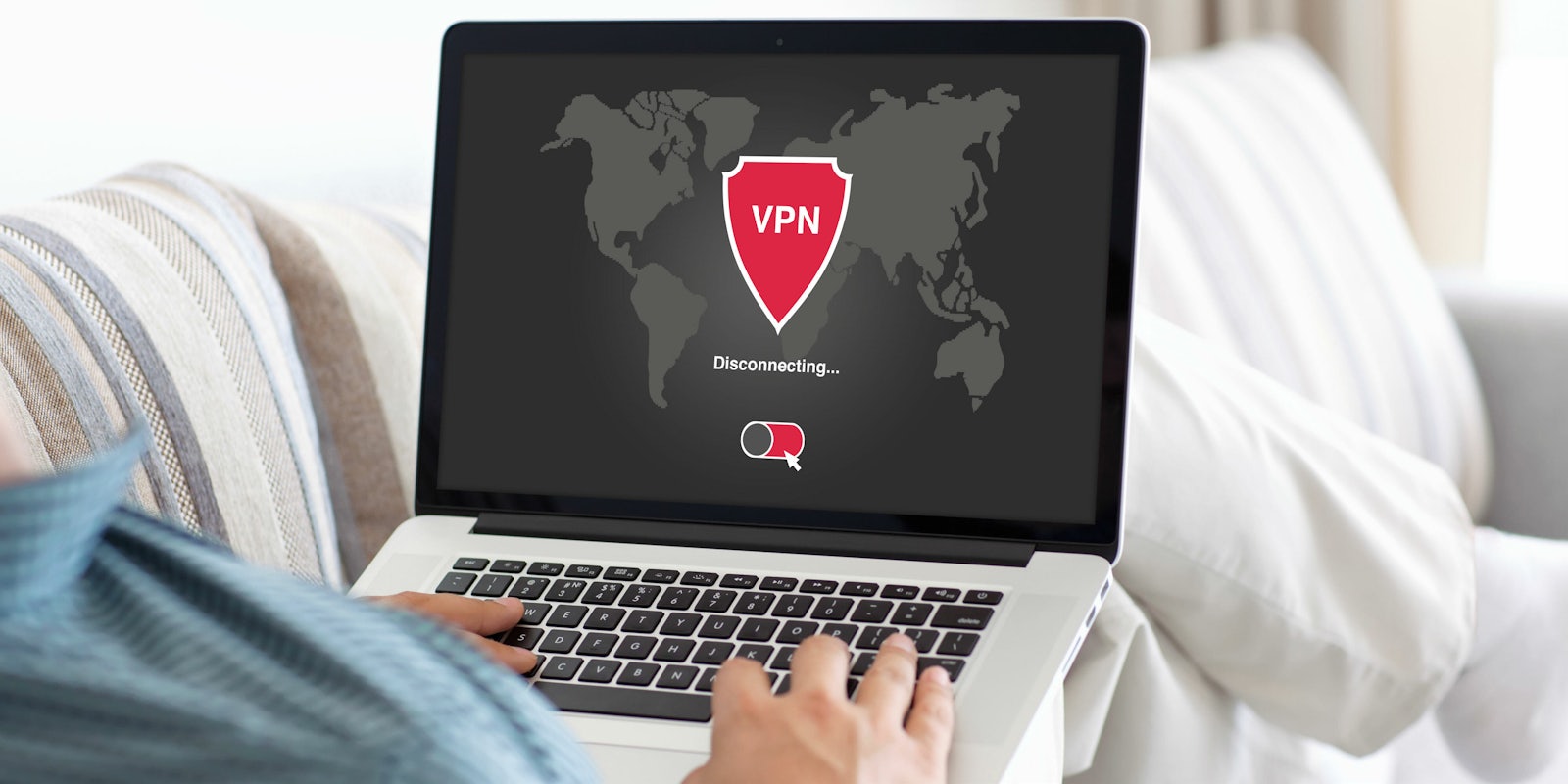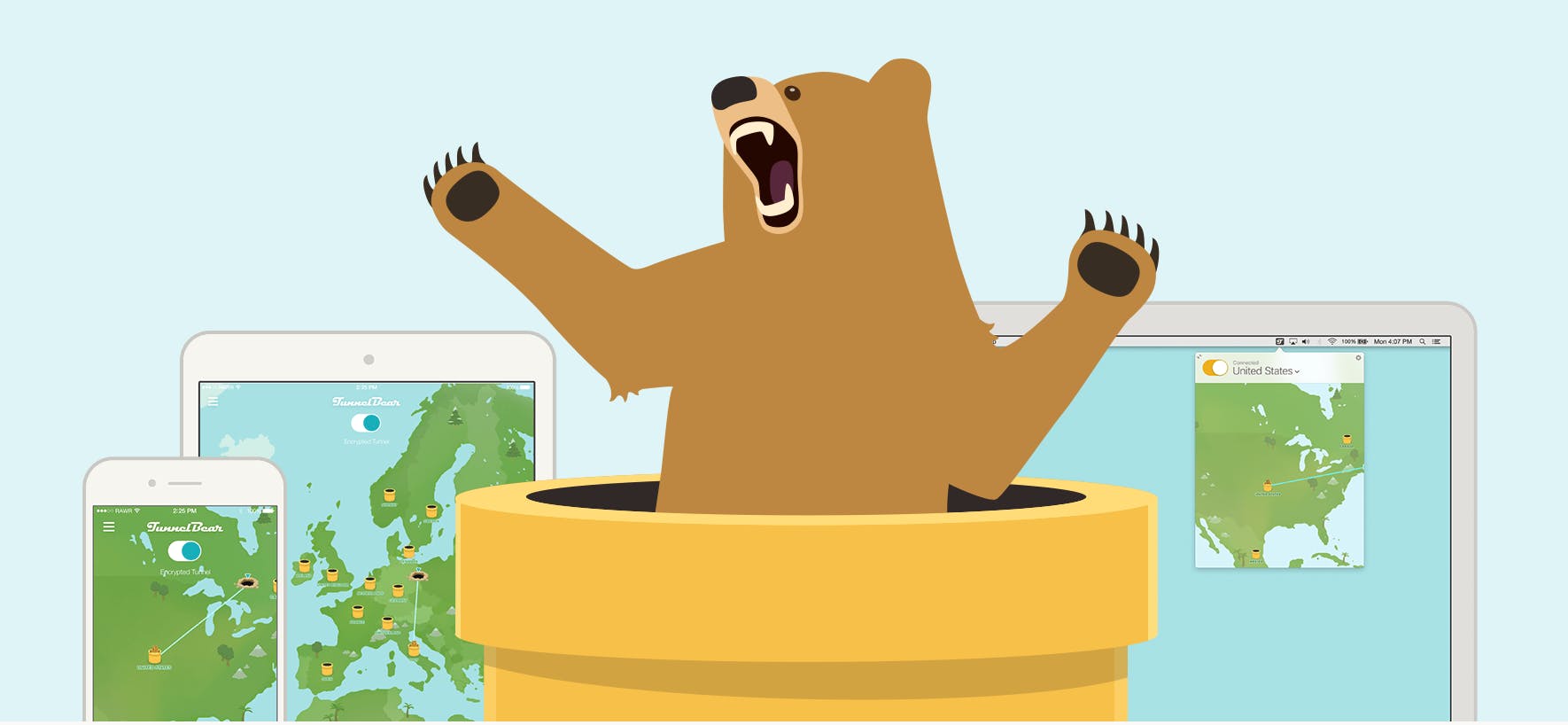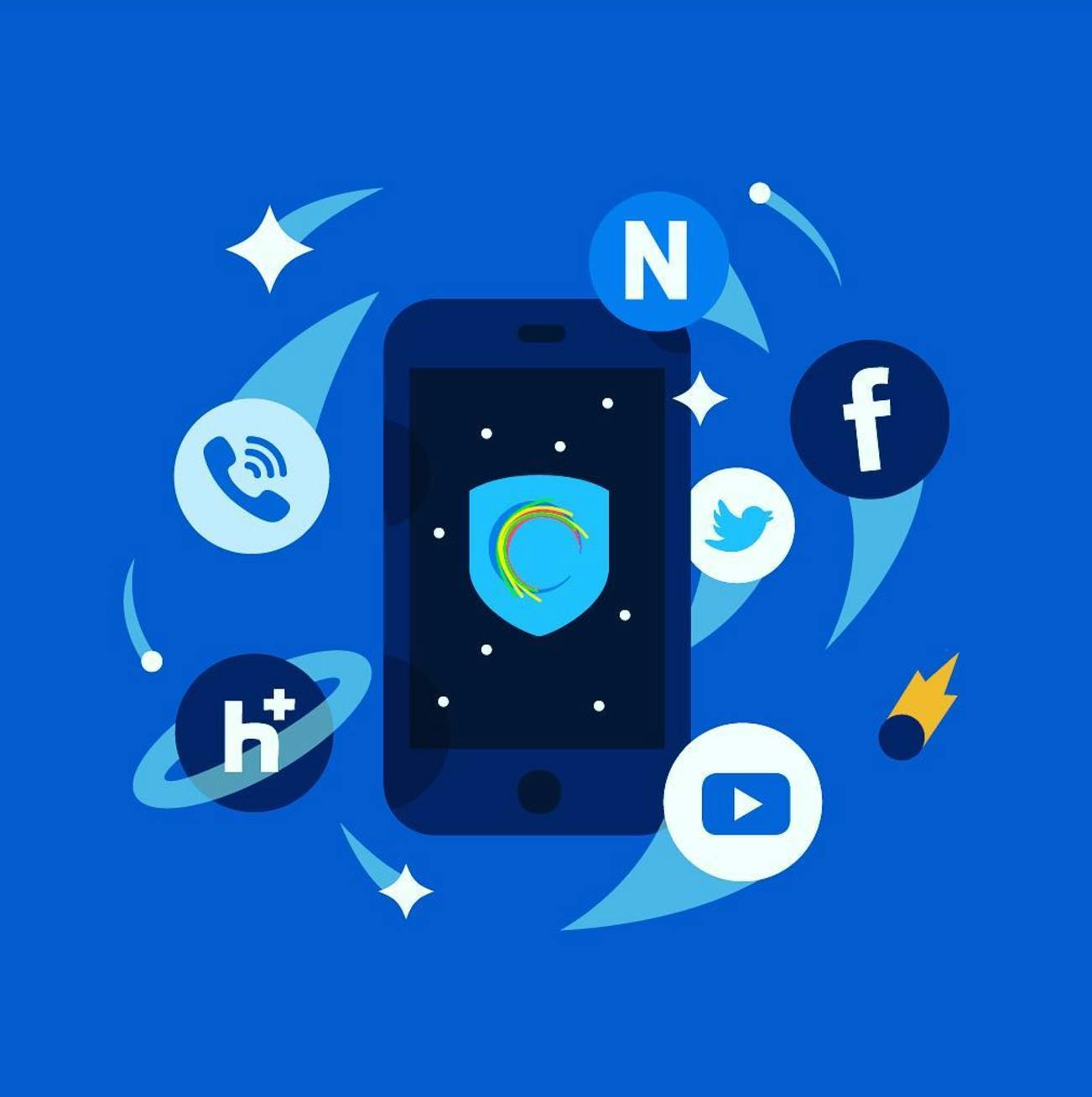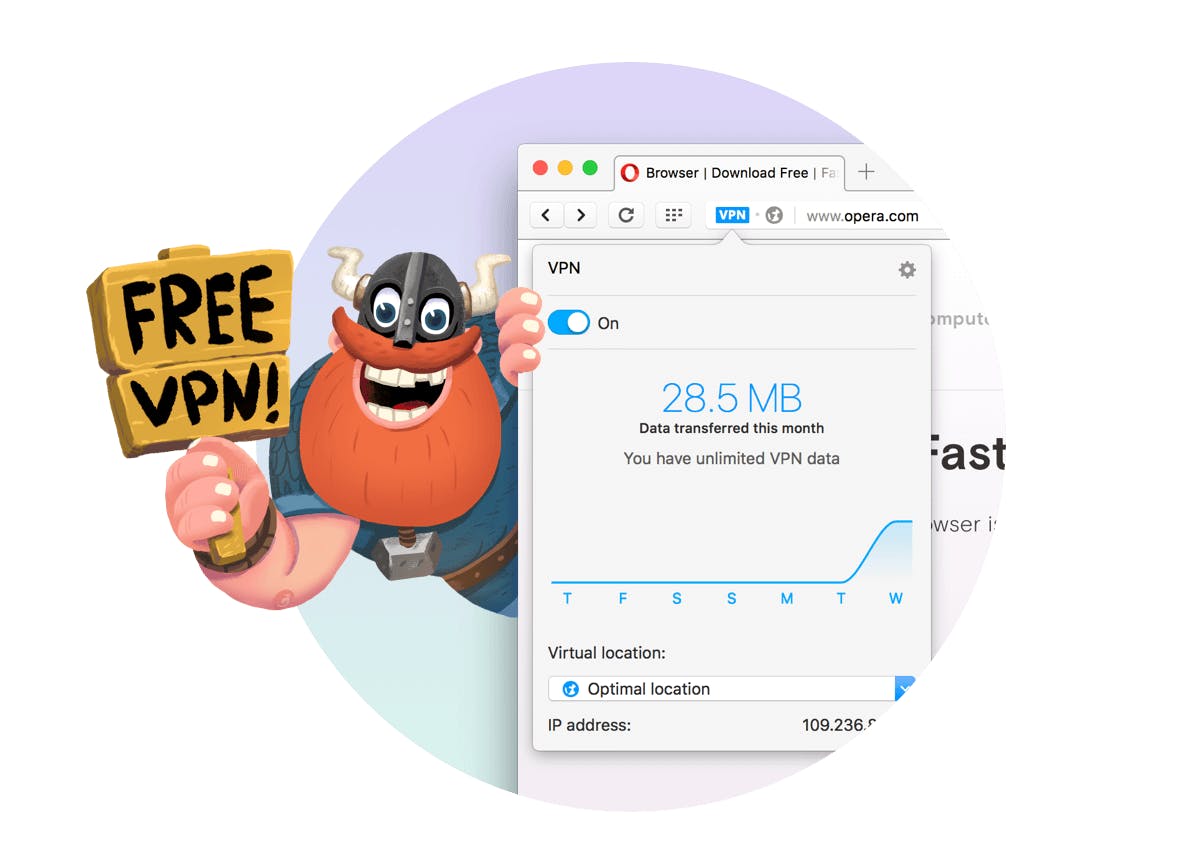Whether it’s the prying eyes of a repressive regime, a data-hungry internet service provider (ISP), or a malicious actor listening on the public Wi-Fi you’re using, you have many reasons to want to avoid your internet activity being traced.
One of the options to hide your identity and activity from unwanted parties is to use a virtual private network (VPN) application. Basically, a VPN creates an encrypted connection between you and whatever website you’re visiting and channels it through its own servers. With a VPN, an eavesdropper would know nothing about the content or destination of your traffic.
In countries where the government censors specific websites or social media networks, internet users use VPNs to circumvent restrictions. VPNs can also help you access websites and services that impose geo-restrictions by masking your real location and making your traffic originate from another country. However, some services are able to track and block most VPNs.
There are both paid and free VPN services. Of course, nothing comes for free, and free VPN services will likely use your data for their own commercial goals or bombard you with ads. They’re also slower and less reliable than paid VPNs.
But if you’re comfortable with those tradeoffs, or you just don’t want to part with a few bucks a month, here are a few free VPNs that you might want to consider signing up to.
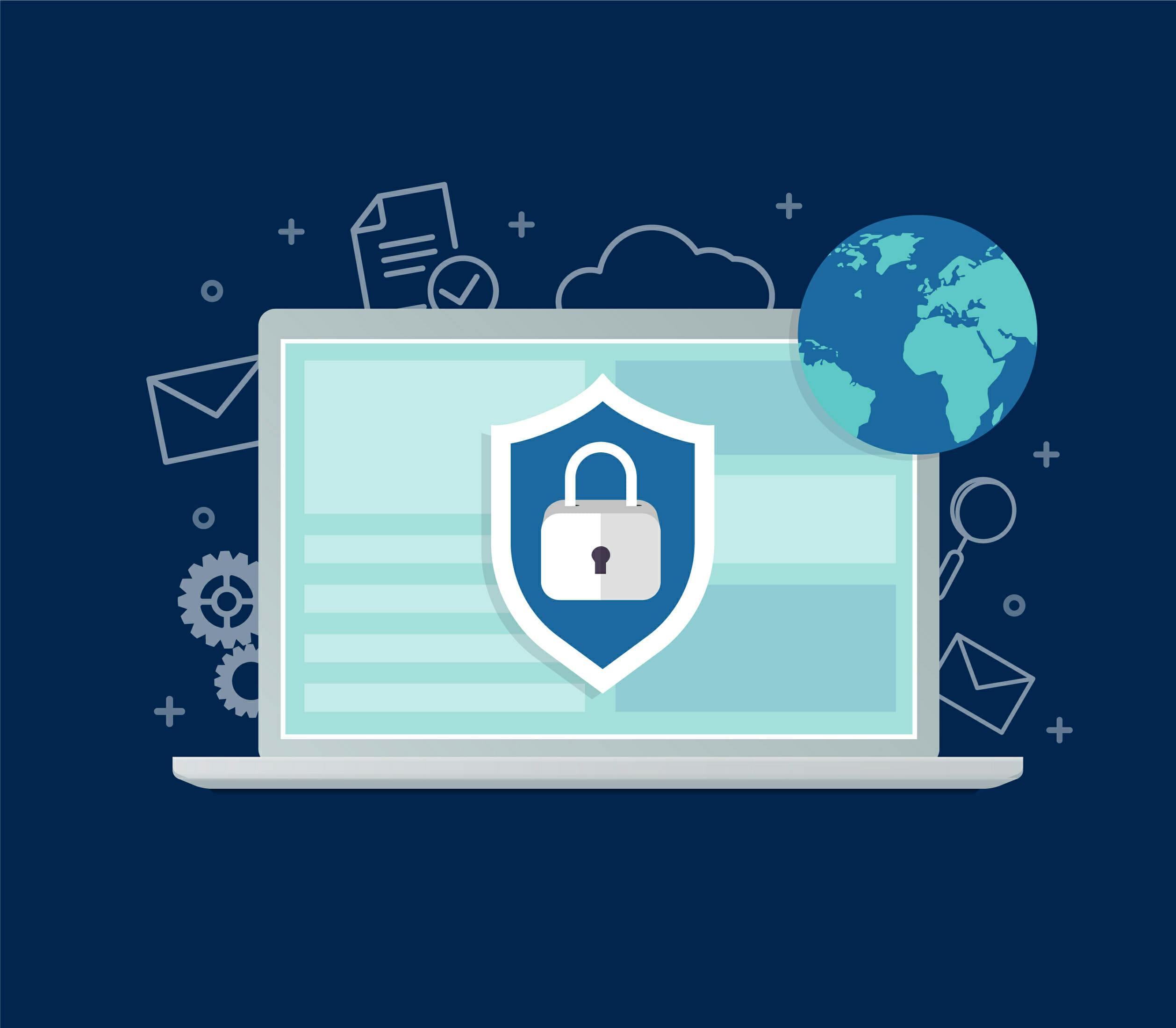
The best free VPNs
1) TunnelBear
TunnelBear is a popular VPN app that works on your Mac, Windows PC, or smartphone. The account setup and installation is a breeze. TunnelBear automatically tweaks your network settings for you. The service gives you the option to set your location to the U.S. or U.K., and it will give you access to a slew of websites that are geo-restricted.
The free plan is limited to 500MB of monthly data, and users report that the connection drops occasionally. At $4.99, the paid plan will give you a more stable connection and unlimited data.
2) Hotspot Shield
Hotspot Shield is another popular VPN with more than 10 million installs on Google Play. You get 750MB daily quota of data on desktop and 256MB on Android devices, along with annoying ads, as is the norm with free VPNs. One of the cool features of Hotspot Shields is that it can automatically enable the free VPN whenever you connect to a wireless network that is unsafe. This is an added measure of privacy for people who often work away from home or office.
3) Opera
The Opera browser for Windows and OS X comes with a free built-in VPN, the first of its kind. The service has no data limits and can be activated through the settings. Activating it will incur some performance penalties and the only locations it supports are Canada, U.S., and Germany. Opera was acquired by a Chinese company, but SurfEasy, a Canadian company independent from the Chinese conglomerate, provides the VPN service. The drawback of the Opera VPN is that it won’t cover your non-browser traffic, such as your email or FTP client applications.
4) Private Tunnel
Private Tunnel is another VPN app that is available across all major desktop and mobile operating systems. The quota of the free plan is a limited one-time 200MB, which looks rather designed to whet your appetite for the paid plan. However, there’s no expiration date on your free data plan. The connection is stable, and it doesn’t hurt testing it if it’s your first time using a VPN.
READ MORE:
- The best free password managers
- What’s the most secure operating system?
- How to encrypt an iPhone in seconds
- How Experian can protect you from identity theft
5) CyberGhost
CyberGhost is an easy-to-use VPN application that is easy to setup on Windows, Mac, and Android. The free plan sets no caps on bandwidth and traffic, though it limits the number of server locations and you’ll have to wait in line to connect during peak hours. The premium paid plan removes those constraints and gives you a cost-effective compression feature for when you’re connecting through a limited internet data plan.
Editor’s note: This article is regularly updated for relevance.

